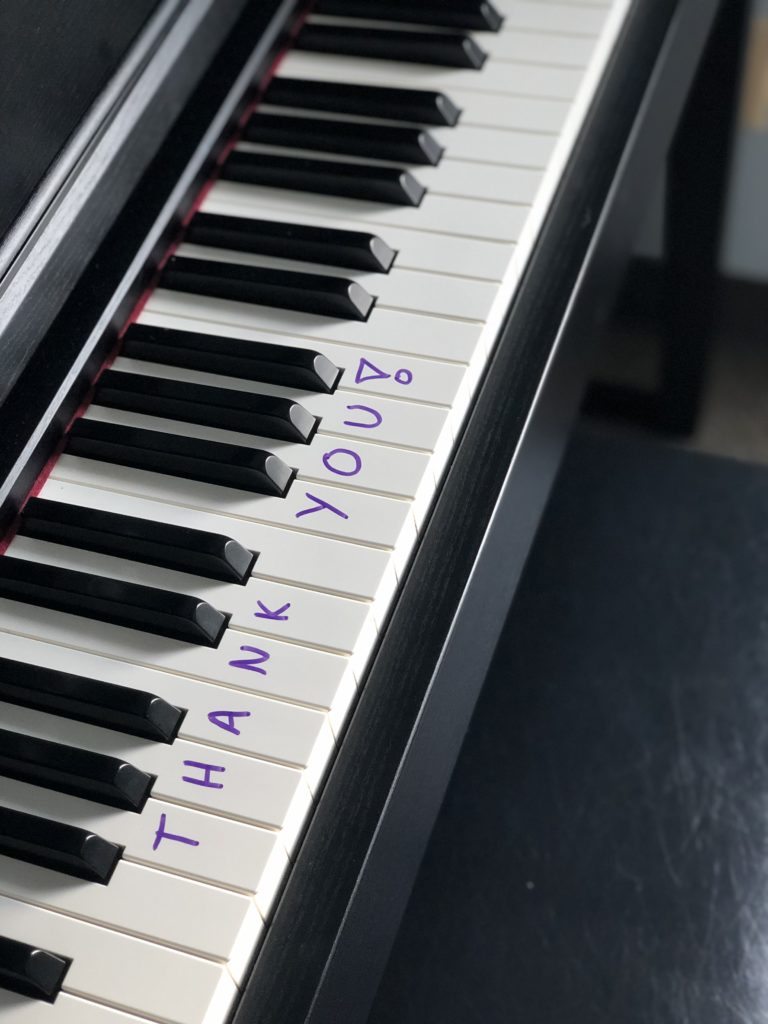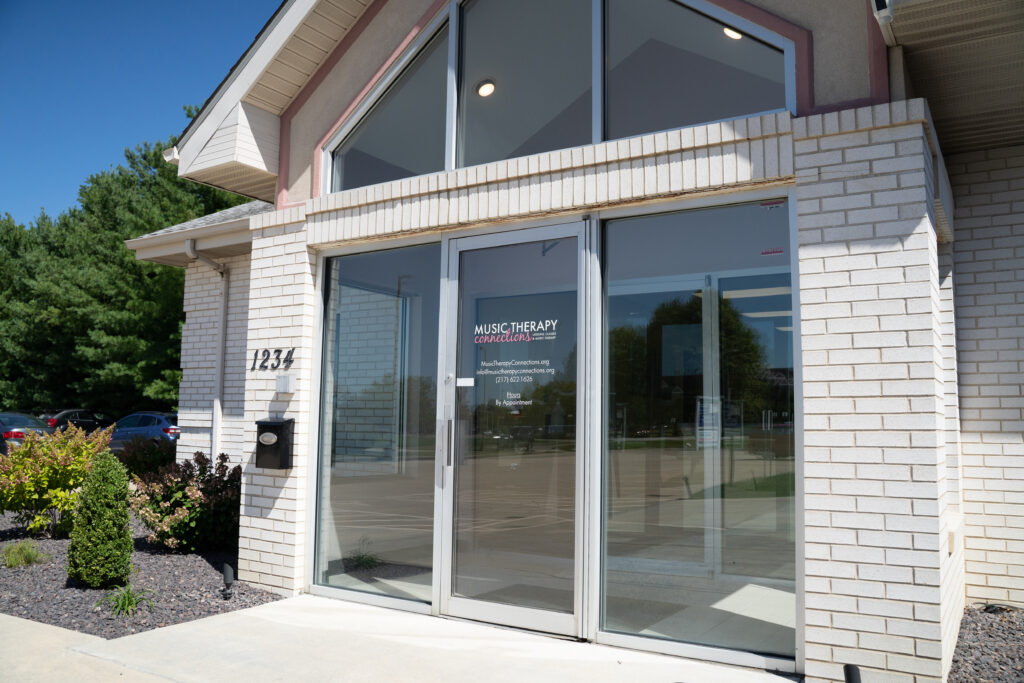
Hello again everyone! I hope you all have had a wonderful week!
Last week I wrote about building rapport with clients, and this week I would like to expand upon that topic. More specifically, I am reflecting on building rapport with staff, parents, guardians, and caregivers of clients.
Throughout these first 8 weeks of internship, I have been focusing on building rapport with clients, learning their names, and simply getting to know them. As the weeks have gone by, I realized that I know very little about the people who care for them. Of course, I will continue to build rapport with all of my clients, but I now will be more active in engaging with and getting to know the people around them.
I can be very shy, so talking to people is definitely not one of my strengths. However, stepping out of my box and reaching out to the people who care for my clients can go a long way.
It is important to consider these points when getting to know staff, parents, guardians, and caregivers:
These are the people who bring the clients to sessions.
In a residential facility or school, staff are the people who bring the clients to you, or, if you go to them, get them ready for the session. If you have your own space and clients come to you, parents, guardians and caregivers are often the people who make this happen. It is important to build a relationship with these people in order to make them feel comfortable, welcome, and recognized.
These people are important to your clients.
Odds are, these people probably have a strong relationship and connection to the clients we are seeing. Getting to know them will also help us better understand our clients.
These are the people who provide necessary materials.
Funds, payment, instruments, books, etc. It sometimes takes a lot of materials to get music therapy going. Parents, guardians, and caregivers pay for our services, and in turn help provide the other necessary materials. In residential and school settings, there is administration that decides where money funds go. They can make or break a music therapy program.
Perhaps the most important: these are the people who support music therapy.
The field of music therapy is growing, but it still is not known everywhere. Parents, guardians, caregivers and sometimes staff are the people who have heard of music therapy, believe that it works and is beneficial, and signed up for services.
These people advocate for us. These are the people who witness first-hand the changes in the clients and how the skills learned transfer to everyday life. Staff, parents, and guardians are SO important to music therapists.
As I move into the end of my second month of internship, I really want to put some focus on noticing, appreciating, and thanking the people who support music therapy.
So, if you are a parent, guardian, caregiver, staff, friend, or supporter of music therapy, thank you for all you do. We appreciate you more than you know.
I encourage my fellow MT students, interns, and professionals to reflect on these people in your life and clients’ lives this week.
Thank you for reading my blog this week!
Emma Kovachevich


